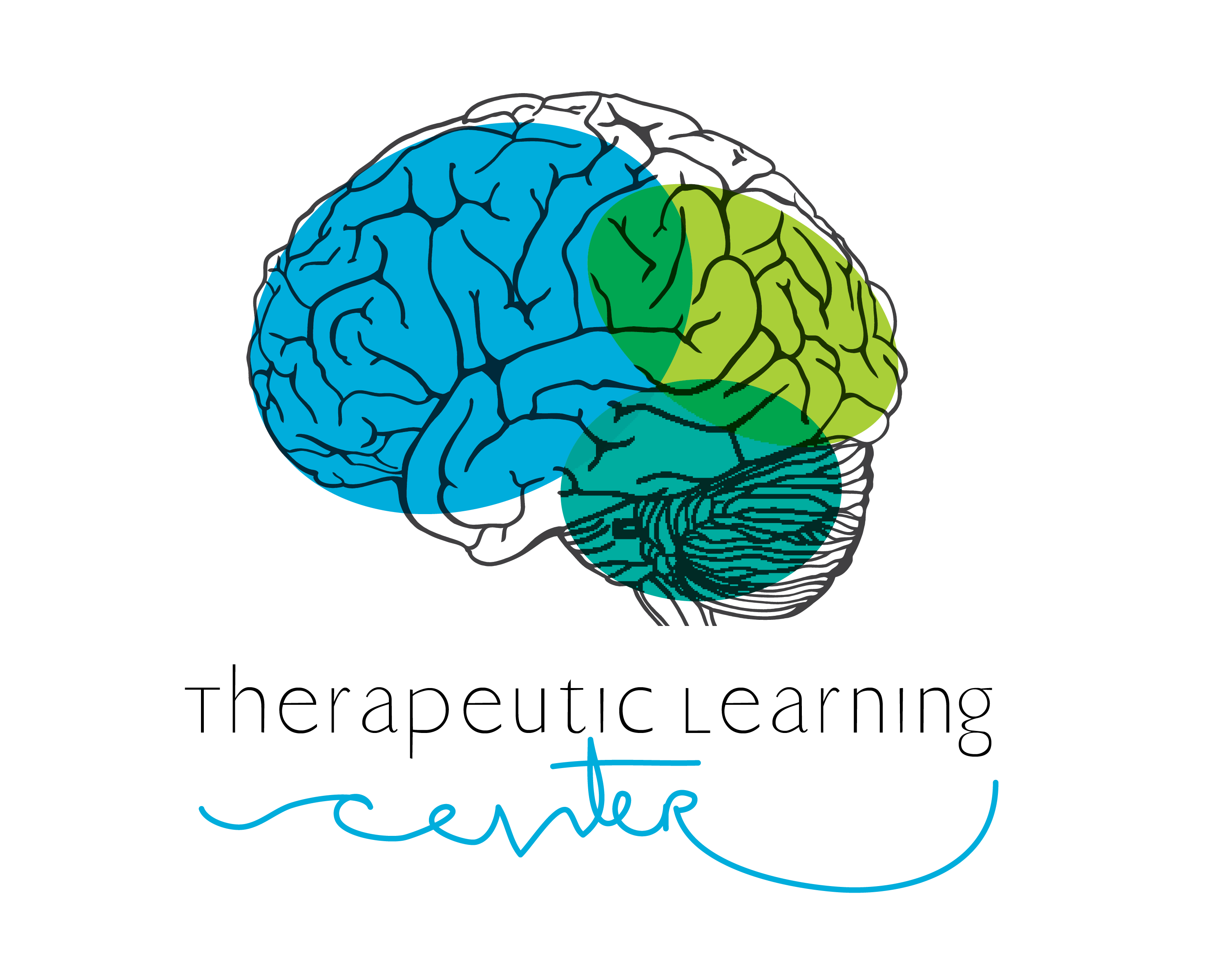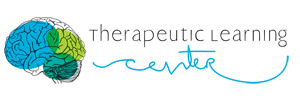“I’ve always envied people who sleep easily. Their brains must be cleaner, the floorboards of the skull well swept, all the little monsters closed up in a steamer trunk at the foot of the bed.” ― David Benioff, City of Thieves
Recent findings in research studies related to sleep and learning lend support to some long-held hypotheses about why we sleep, what happens in the brain during sleep, and why it’s important; especially for learning. In one area of research, the findings provide evidence for a long-held hypothesis that during sleep, the brain cleans itself (1). Another series of reports illustrate why sleep is so much more important for a child’s learning than it is for an adult. The findings add a compelling new dimension to our current understanding of how sleep helps the brain reprocess newly learned information thus securing memories and learning (2).
Seminal studies about sleep and learning have shown unequivocally that people trained to complete a procedural memory-based task showed improved performance when a period of sleep followed the training (3). Even a nap in the middle of the day could benefit some learning. But to understand what is actually happening in the brain when we sleep we’ve had to wait on the right technological applications to allow us to peer into the brain and accurately measure activities and events during sleep.


The other series of reports from behavioral neurobiology labs present exciting and compelling data regarding just how important sleep is for your child. We all know that children are happier tend to behave better when they’re well-rested. And the relationship between neurodevelopmental disorders and sleep-related problems has long been recognized. Specifically, children with attention deficit hyperactivity disorder (ADHD) and learning disabilities (LD) or combined ADHD/LD, have a much higher rate of sleep-related difficulties and it is likely that the sleep difficulties contribute to and/or exacerbate the behavioral manifestation of these disorders (4). But what about children not specifically diagnosed with a neuro-developmental disorder or a sleep-related problem? How important is sleep beyond just resting the body for the next busy day of school and play?
Recent studies are showing that sleep is even more important for children than it is for adults when it comes to learning. Dr. Ines Wilhelm at the University of Tübingen’s Institute for Medical Psychology and Behavioral Neurobiology has shown that when sleep followed training, children showed greater gains in the specific training knowledge than adults. The studies indicate that there is enhanced processing of memory during sleep in children compared to adults. The children benefitted more from sleep when challenged with recall of specific learned tasks.
This may come as no surprise when one considers that during development of humans, as with most species, most of the basic lessons of life and survival need to occur in childhood. Children sleep longer and deeper, and they must take on enormous amounts of information every day. And the children’s ability to excel at recall of specific learned information is linked with the large amount of deep sleep they get at night. In other types of memory, the children benefitted only as much as the adults; not more so.
If your child/student is not performing to his potential academically, you really need to look at the whole picture: healthy eating, positive social experiences, and quality, deep, undisturbed sleep at night. If they are having trouble getting to sleep and staying asleep, this could be undermining all the other measures you’re taking to try to help them and ensure their success in school and beyond.
Therapeutic Literacy Center in Solana Beach offers assessments for learning disabilities as well programs and exercises using state of the art methods and technologies for developing underlying “mental tools” needed for success.
“Each night, when I go to sleep, I die. And the next morning, when I wake up, I am reborn.” ― Mahatma Gandhi
(1) http://www.sciencemag.org/content/342/6156/373 Science 18 October 2013: Vol. 342 no. 6156 pp. 373-377
(2) http://www.nature.com/neuro/journal/v16/n4/abs/nn.3343.html Nature Neuroscience 16 391–393 (2013)
(3) http://www.sciencemag.org/content/294/5544/1048.full Science 294, 1048 (2001); Pierre Maquet, et al.
(4) http://psycnet.apa.org/psycinfo/1998-04437-005 Journal of Developmental and Behavioral Pediatrics, Vol 19(3), Jun 1998, 178-186.



